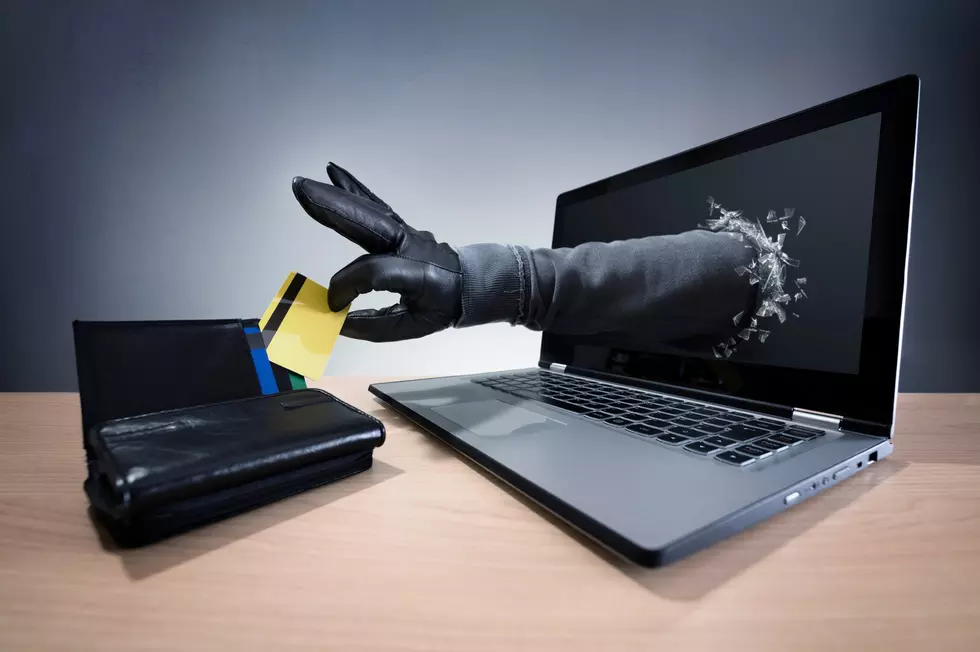
Beware Of Overpayment Scams When Selling Used Items Online
There has been an increase in the number of items being sold online and a common scam has surfaced that all sellers need to be on the lookout for.
According to the Better Business Bureau, overpayment scams are happening to sellers on Facebook Marketplace and other similar platforms. The way it works is someone lists items to sell such as clothes, electronics, a vehicle or any used item. The seller is then contacted by a seemingly trustworthy buyer who then overpays for the item through PayPal, Cash App or similar digital wallet. They'll say it's to cover shipping, it's the policy of the payment service, etc. Excuses can vary.
What ultimately happens is the buyer will ask for the extra funds back. Once the money is returned, the initial payment will reveal itself to be false and the seller will not only lose the money they "returned", but the items sold will be gone too.

The Better Business Bureau offers the following tips to avoid becoming a victim when selling items online:
- Don’t ship an item before you receive a payment. Make sure any payments you receive are legitimate before you ship your item to the seller. If you ship before they pay, you will have no way to get your item back.
- Don’t believe offers that are too good to be true. Unless you a selling a rare or highly desirable item that several people are bidding on, you should not expect anyone to offer to pay more than what you are asking. If someone tries to overpay you, consider it a red flag.
- Look out for counterfeit emails. Scammers are skilled at imitating emails from popular payment services, such as Venmo or PayPal. Examine all emails carefully. If an email comes from a domain that isn’t official or contains obvious typos and grammatical errors, it’s probably a scam.
- Report scams to the online marketplace. Be sure to report suspicious activity including dishonest buyers or sellers.
My family has sold plenty of things through Facebook Marketplace and it usually goes very well. However, we have had experiences where a suspicious email arrives relating to what we're selling. We tend to ignore those completely and wait until we get a response from someone who is more engaging and interactive and, ideally, from the area. If any red flags pop up, we're quick to bail on that buyer and wait.
Here are 50 of your favorite retail chains that no longer exist.
More From KDHL Radio









